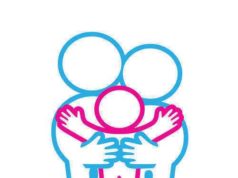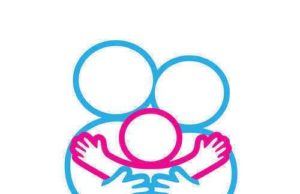
The practice of adoption photolistings began with representative agencies providing prospective parents photographs and brief descriptions of children currently living in foster care. These would be provided on a walk-in basis, limiting their public disclosure.
Many news stations would broadcast images of children awaiting adoption to bring much needed attention to their plight, but again, this saw limited public exposure in terms of a viewing audience. Adoption photolistings grew more prominent with greater Internet exposure bringing with it issues dealing with privacy and legality. Anyone with Internet connection can gain access to specific information if the child, including pictures depending on jurisdiction.
Adoption phololistings refers to the general practice of posting descriptions and pictures of children awaiting adoption. An accepted practice over the past few decades, adoption photolistings were confined to adoption services centes, never witnessing full public disclosure.
Following the advent of the Internet these descriptions and pictures were published, opening their exposure to the wider public. The advantages in having a larger percentage of people view these foster-children remain clear, regardless of public debate.
Although advocates standby adoption photolistings, some note the large potential for abuse. The children appearing in adoption photolistings maintain no inherent right over their publication, and lacking a central parentage, require decision by the state. Even though the larger decisions made on behalf of foster care children by the state require no further explanation, the overall posting of their information without personal consideration appears negligent when viewed on a grand scale. If you need legal advice and assistance, contact an adoption lawyer.
The federal government operates an adoption photolistings website at the domain www.adoptuskids.org. Anyone that possesses the ability to enter simple search queries can navigate the website with general ease. The ability to bring, theoretically, millions of viewers to the website offers specific advantages over older attempts at gaining larger public exposure.
Statistics show the less time a child spends in foster-care and the quicker they join an affectionate and caring family, the better. Since the state maintains full interest in the lives of these children, the usage of adoption photolistings appears appropriate on a case-by-case basis.
Certain exceptions exist in the wide-scale publication of adoption photolistings, or at the very least, certain considerations on a case-specific base require a second look. Many children in foster care suffer from a wide-array of special needs: physical and mental disorders that may alienate otherwise interested families.
The usage of medical terms and descriptions not only fails to offer the specifics of that child’s case but also stands to confuse hopeful adopters. General disposition and interests, barring specific medical issues (except extreme ailments), could pique interest in a child’s adoption and on a personal level, the ailments described could pose only the smallest of difficulties for a prospective family.
Beyond legal and privacy issues regarding the widespread publication of adoption photolistings, the adoption of foster-children has steadily increased with Internet usage.
Certain cases require special handling by adoption agencies, but websites like adoptuskids.org stand to gain more for the children then they can potentially lose by the greater exposure. Generally, adoption photolistings offer advantages to the foster-care system if handled and supervised in a proper fashion.


























